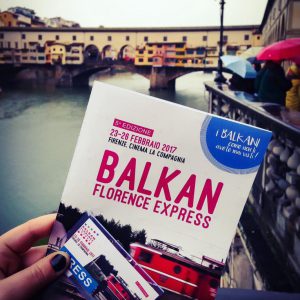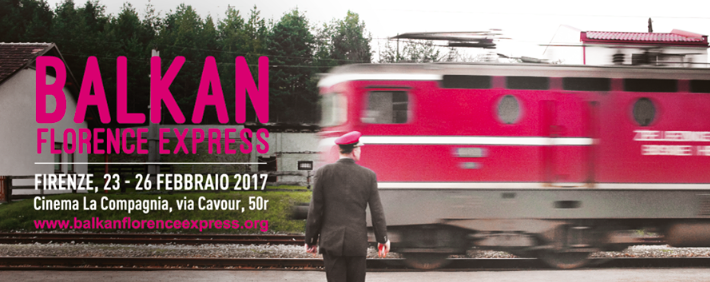I’m back in Florence for yet another edition of the excellent Balkan Florence Express, the film festival devoted to Balkan movies and organized by Cecilia Ferrara and Simone Malavolti with the help of Oxfam Italia. This year’s programme is richer than last year’s; it focuses less on the war and its consequences and more on present-day ordinary life in the Balkan countries, through different topics and cinema genres, from comedy to mockumentary.
One thing worth underlining is that, while the Yugoslav Republic has broken apart and the ghost of the war still haunts the lives of Balkan people (and –therefore- their portrayal in movies), the programme of the festival clearly shows that present-day Balkan films are co-productions and that both the cast and crew are made up of professionals from different former-Yugoslav countries, a sign that the ‘Balkan Cinema’ is still (proudly?) Yugo.
Anyway, without further ado, here are my reviews of the 5th edition of the Balkan Florence Express Film Festival.
Balkan Florence Express 2017 > Dubina dva (Depth two), by Ognjen Glavonic (Serbia, 2016)
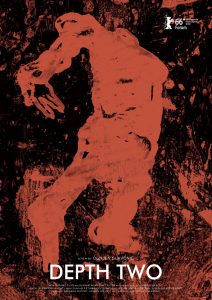
Here is the official trailer:
Balkan Florence Express 2017 > Dobra Zena (A good wife), by Mirjana Karanovic (Serbia, 2016)
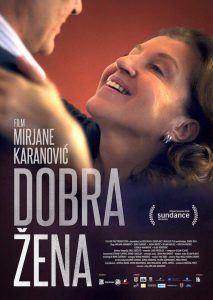
Here is the official trailer:
https://www.youtube.com/watch?v=YEqSs3gGmrc%20
Balkan Florence Express 2017 > My own private war, by Lidija Zelovic (Olanda, 2016)
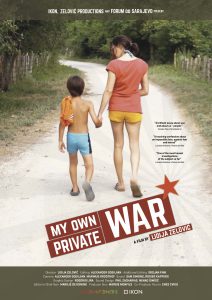
Here is the official trailer:
Balkan Florence Express 2017 > Potop (The flood), by Jelena Jovcic (Serbia, 2016)
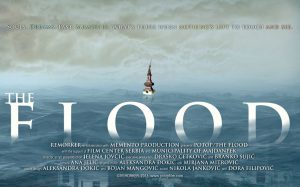
Here is the official trailer:
Balkan Florence Express 2017 > Eho (Echo), by Dren Zherka (Kosovo, 2016)
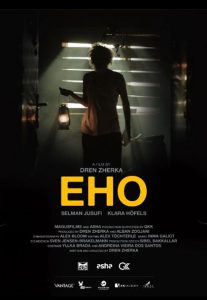
Here is the official trailer:
Balkan Florence Express 2017 > Amok, by Vardan Tozija (Macedonia, 2016)
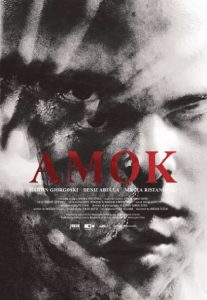
Here is the official trailer:
Balkan Florence Express 2017 > Igla ispod praga (The black pin), by Ivan Marinovic (Montenegro, 2016)
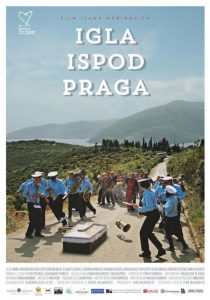
Here is the official trailer:
Balkan Florence Express 2017 > Controindicazione, by Tamara von Stainer (Serbia, Montenegro, Italia, 2016)
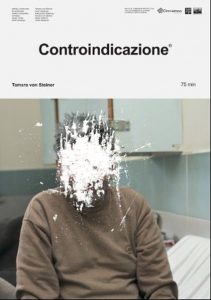
Here is the official trailer:
Balkan Florence Express 2017 > Drums of resistance, by Mathieu Jouffre (Kosovo, 2016)
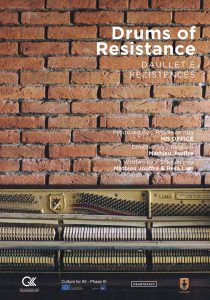
Here is the official trailer:
Balkan Florence Express 2017 > Krom (Chromium), by Bujar Alimani (Albania, 2015)
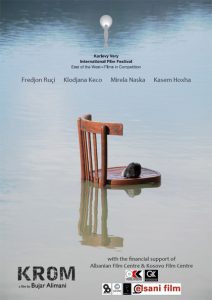
Here is the official trailer:
Balkan Florence Express 2017 > Preludijum za Snajiperu (Prelude to Sniper), by Danilo Marunovic (Montenegro, 2015)
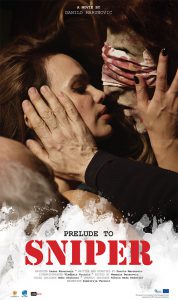
Here is the official trailer:
Balkan Florence Express 2017 > Smrt u Sarajevu (Death in Sarajevo), by Danis Tanovic (Bosnia and Herzegovina, 2016)
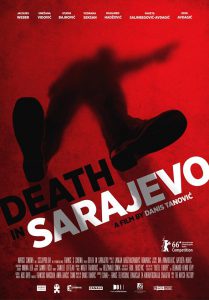
Here is the official trailer:
Balkan Florence Express 2017 > S one strane (On the other side), by Zrinko Ogresta (Croatia, 2016)
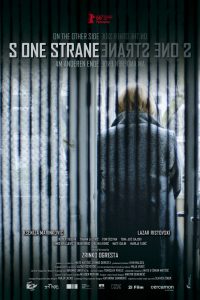
Here is the official trailer:
Balkan Florence Express 2017 > Zivot je truba (Life is a trumpet), by Antonio Nuic (Croatia, 2016)
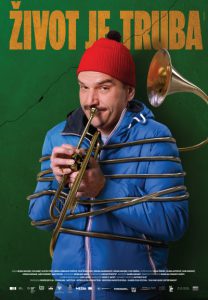
Here is the official trailer:
Balkan Florence Express 2017 > Soul train, by Nermin Hamzagic (Bosnia and Herzegovina, 2015)
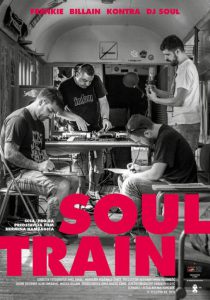
Here is the official trailer:
Balkan Florence Express 2017 > Huston, imamo problem (Huston, we have a problem), by Ziga Virc (Slovenia, 2016)
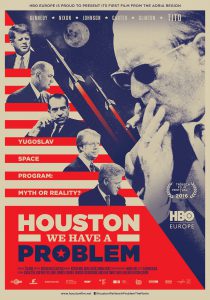
Balkan Florence Express 2017 > Bolesno (Sick), by Hrvoje Mabic (Croatia, 2015)
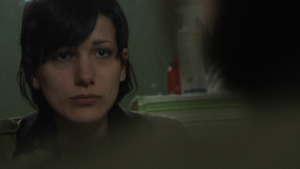
Here is the official trailer:
Balkan Florence Express 2017 > Sjecam se (I remember), by Elma Tatagaric (Bosnia and Herzegovina, 2016)
In this autobiographic short, the author (who happens to be the founder of the Sarajevo Film Festival) is coming back to the house where she lived before the war. This short, which is simple yet poetic, shows the war from an intimate point of view. The holes that the war left in everyone’s lives are represented by the empty, silent spaces of this movie.
Balkan Florence Express 2017 > Nasa svakodnevna prica (Our everyday life), by Ines Tanovic (Bosnia and Herzegovina, 2014)
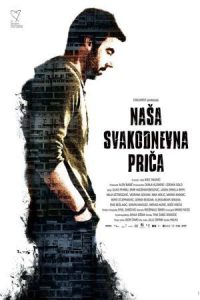
Here is the official trailer:
And now, as I did last year, my personal Oscar nominations out of the Balkan Florence Express programme:
- Best original story: Smrt u Sarajevu
- Best direction: S one strane
- Best script: Houston Imamo Problem
- Best photography: Dubina Dva
- Best landscapes: Igla Ispod Praga
- Best actor in a leading role: Amok’s Martin Gjorgoski (a first-time actor to boot!)
- Best actor in a supporting role: Dobra Zena’s Hristina Popovic (I just love her!)
- Best documentary feature: Potop
- Best soundtrack: Zivot je truba
